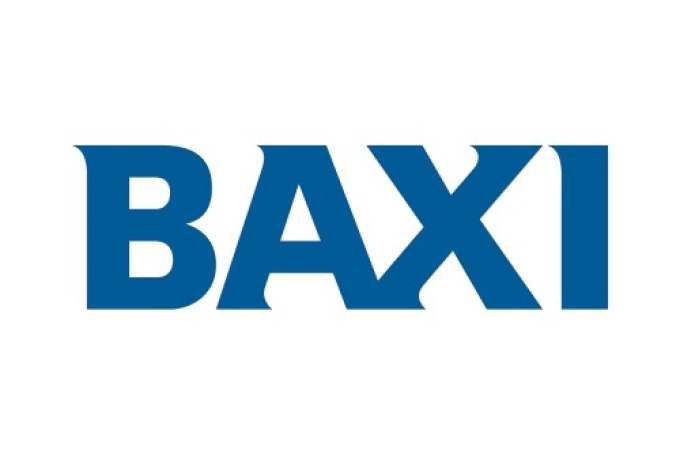How ethical is Baxi?
Our research highlights several ethical issues with Baxi, including its approach to climate change, tax conduct, toxic chemicals, directors’ pay, and conflict minerals.
Below we outline some of these issues. To see the full detailed stories, and Baxi’s overall ethical rating, please sign in or subscribe.
Politics
Baxi paid £601,000 to one of its directors in total compensation in 2021 – which meant it lost half a mark for Excessive Director Remuneration in our ratings system.
We consider any brand paying above £250,000 to be paying excessive amounts to its directors, as above this amount puts them firmly in the top 1% of earners.
On the positive side, Baxi didn’t get marked down in our Tax Conduct rating. It does have subsidiaries in tax havens such as the Netherlands and Ireland, but it has good explanations for them being located in these jurisdictions.
Climate
Baxi received our middle rating for Carbon Management and Reporting. It generates some energy through solar panels, and works developing some technology that could help the shift to more climate friendly energy production such as heat pumps. It reports its scope 1 and 2 emissions, but not scope 3.
It also has targets to reduce its scope 1 and 2 emissions annually by 5% from 2019 until 2030. It had scope 3 targets too, which would be aligned with the Paris Agreement, though as it didn’t fully report on scope 3 emissions when we researched the company it’s not possible to hold the company accountable for these claims.
It also doesn’t make any outlandish claims about surrounding carbon emissions.
People
Conflict minerals are one area where Baxi lacks adequate policy, as it hasn’t even got a policy. Conflict minerals are minerals mined in conditions of armed conflict and human rights abuses, notably in the eastern provinces of the Democratic Republic of Congo (DRC). The minerals in question are Tantalum, Tin, Tungsten and Gold (3TG for short) and are key components of electronic devices, from mobile phones to televisions, and as such Baxi was expected to have a policy. Baxi therefore received Ethical Consumer's worst rating for conflict minerals and lost a whole mark under the Habitats and Resources and Human Rights categories.
Its supply chain management also leaves lots to be desired, lacking recent and detailed policies about how it manages workers’ rights in its supply chain. It scored Ethical Consumer’s worst rating for supply chain management.
Its parent company Remeha Group also has operations in China and Russia which are on our list of oppressive regimes, so it got marked down under our Human Rights category for this reason.
Environment
A toxics policy is something Ethical Consumer expects all electronics companies to have, as some substances that are widely used by electronics companies have a significant negative environmental impact when released after disposal. No policy was found regarding the company's use of harmful toxic chemicals such as PVC, halogens or Brominated Flame Retardants, and phthalates. It therefore received our worst rating for toxic chemicals.
Baxi received our middle rating for Environmental Management. Its website mentions using recyclable materials at the design and production stages, and using recycling and take-back schemes at the end of products’ lives, but little actual information about how this forms part of its production on a significant scale was found.

 Ethical Consumer Best Buy: No
Ethical Consumer Best Buy: No